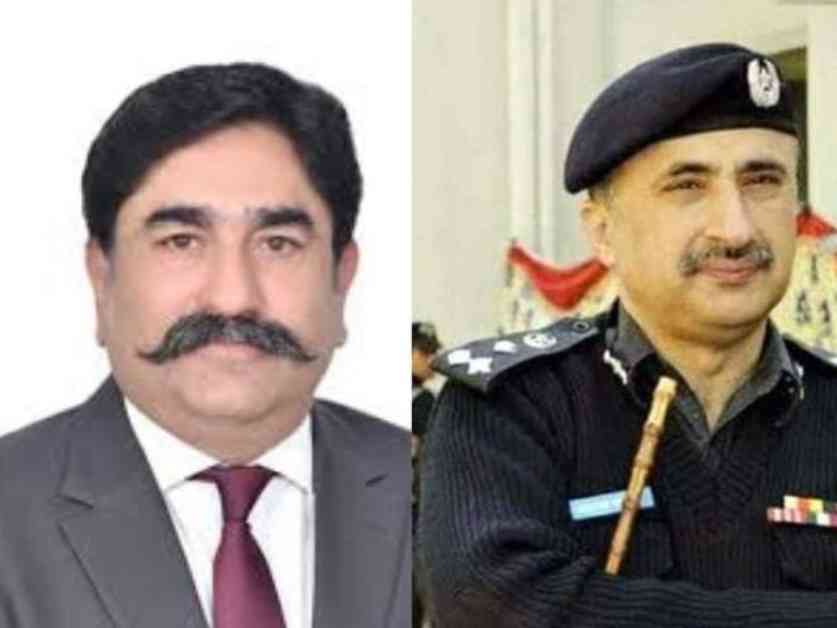The recent removal of two top officials, Federal Investigation Agency (FIA) Director General Ahmed Ishaque Jehangir and Khyber-Pakhtunkhwa (K-P) Inspector General of Police Akhtar Hayat, has sent shockwaves through the administrative landscape, leaving many to speculate on the implications for these crucial government agencies.
Jehangir’s reassignment as an Officer on Special Duty (OSD) in the Establishment Division, reported by Express News, has raised eyebrows, particularly in light of the concerning issues plaguing the FIA. Sources have pointed to the agency’s sluggish response to human trafficking incidents, including the tragic capsizing of a migrant boat off the Moroccan coast that claimed the lives of over 50 individuals, the majority of whom were Pakistani nationals.
Criticism of the FIA’s investigative pace has been mounting, with reports suggesting that Prime Minister approval for Jehangir’s ousting was driven by frustration over the agency’s perceived inefficiency. This move underscores the government’s commitment to addressing systemic failures within key law enforcement entities.
Similarly, the removal of KP police chief Akhtar Hayat and the appointment of Zulfiqar Hameed as his successor reflect broader concerns about security challenges in the region. Escalating violence in Kurram and lapses in law enforcement’s ability to uphold public order have raised red flags, prompting decisive action from federal authorities.
Hayat’s controversial directive to police officers to steer clear of political entanglements during PTI protests further fueled tensions, exacerbating existing criticisms of K-P’s law enforcement strategies. The government’s decision to replace him signals a strategic shift in leadership priorities, signaling a renewed focus on restoring public trust and ensuring effective governance.
As the Establishment Division gears up to identify suitable candidates for the vacant FIA directorship, and Hameed assumes his new role as K-P IG, the stage is set for a period of transition and transformation within these critical agencies. The outcomes of these leadership changes will undoubtedly shape the future trajectory of law enforcement and investigative practices in Pakistan, setting the tone for a new era of accountability and efficiency.
In the wake of these seismic shifts, stakeholders and citizens alike are left to ponder the implications of these high-profile departures and appointments. The enduring legacy of Jehangir and Hayat, and the challenges that lie ahead for their successors, serve as a stark reminder of the complexities and responsibilities inherent in maintaining law and order in a dynamic and evolving society.
As the dust settles on these developments, all eyes are on the incoming leadership to deliver on their mandate and uphold the principles of justice, security, and integrity that form the bedrock of our nation’s governance. Only time will tell how these changes will shape the future of law enforcement and administrative oversight in Pakistan, but one thing is certain: the stakes have never been higher, and the need for effective leadership has never been more pressing.









